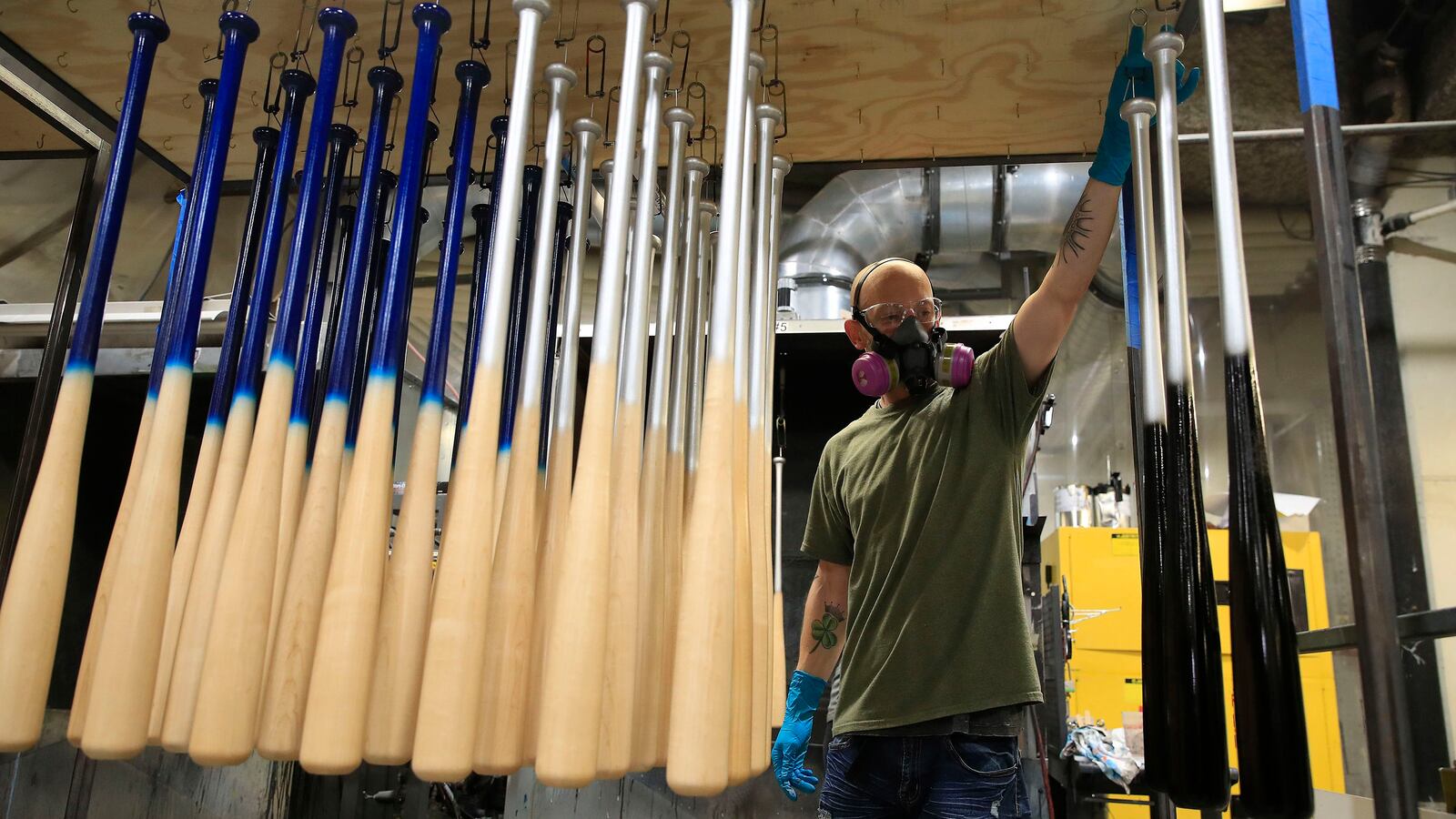After six months of leading his state through the pandemic, Gov. Andy Beshear has found himself in the position of having done many of the right things to try and keep the public safe.
And while there have been some recent improvements in Kentucky’s coronavirus standing, likely thanks at least in part to a mask mandate implemented by Beshear, issues remain as people enter more risky situations at this stage of the pandemic.
A weekly report from the White House Coronavirus Task Force dated Sept. 13 noted the state has the 19th highest rate nationwide for “new cases per 100,000 population” and the 17th highest rate for test positivity. The report did note however that “Kentucky has seen a decrease in new cases and a decrease in test positivity over the last week.”
“It's one of those circumstances that could go much worse very quickly,” said Dr. William Schaffner, a professor of infectious diseases at Vanderbilt University. “And you need more comprehensive attention to all the details of social distancing, more testing and more case finding, contact tracing and the like. You have to double down on all the good things that are happening. And you really have to get your population behind it.”
As he battles the spread of the virus, Beshear finds himself still sparring with Kentucky’s Republican attorney general who is trying to undercut the governor’s executive authority during the pandemic in the state’s highest court as his office argued in a recent legal briefing that the Democrat’s “orders are unlawful.”
Beshear has slammed the effort, saying on the eve of the Kentucky Supreme Court holding oral arguments saying the case is “trying to get the court to throw out and nullify every single rule or regulation in place to keep us safe during COVID."
“It’s pretty simple, if they win more people are going to die,” Beshear said.
Statewide, 57 of its 120 counties are dealing with “moderate or high levels of community transmission,” according to the most recent task force report.
“What this says is we’ve got to be careful, that COVID is everywhere,” Beshear told reporters earlier this week.
That marked a drop-off from the 64 counties that were given that designation in the report the week before.
“I think the governor's doing enough, I don't know how much more actually he could do really without possibly shutting everything down again and I'm certainly not really in favor of that,” said Republican judge executive Hollis Alexander in Trigg County, which the task force listed recently as a red zone. That designation means new cases and test positivity are at a high level in those areas, per the task force.
In Logan County, another red zone, the county judge executive pointed to people’s behavior towards wearing masks at this stage of the pandemic as a concern.
“As far as the COVID situation, I wish that more people would be more serious about it and wear masks more than they're doing and keep their social distancing and keep their number of people attending an event to a reasonable number,” Logan Chick, a Democrat serving as the county judge executive said. “And I think that would help our situation some.”
And in Louisville, Dr. Sarah Moyer, the chief health strategist and director of the Louisville Metro Department of Public Health and Wellness, made clear that requiring masks is helping, though human behavior could undo progress the area was making.
“I believe we’re seeing our decrease in cases due to mandatory mask wearing and less travel,” Moyer said in an email Thursday. “However, I am still concerned because it’s too soon to know if Labor Day gatherings and parties will reverse our downward trend.”
Despite embracing masks, Beshear has been less aggressive however on another area of concern during the pandemic: bars.
In late July, the governor closed bars for two weeks citing a “surge” in cases in the state, according to a statement at that time from his office. Bars were then allowed to reopen on Aug. 11 at half capacity per the state, and like restaurants initially had to stop serving by 10 p.m. and close by 11 p.m. But the same day that decision was announced, Beshear urged schools in the state to not start in person learning until Sept. 28.
The White House task force recommended in two reports in the later days of August that red zone counties should close bars and gyms, while urging even more aggressive action in a Sept. 6 recommendation to Kentucky that “bars must be closed, and indoor dining must be restricted to 50% of normal capacity in yellow zone and 25% of normal capacity in red zone counties and metro areas.”
The governor did not heed that call as he tried to strike a balance between the virus and the economy. On Tuesday, he pointed to the state having a test positivity rate of just under 4 percent on the same day he added an extra hour to the curfew for restaurants and bars (by Friday, the governor said the state's positivity rate had fallen to 3.6 percent making it the state's “lowest rate in months”). The move shifted last call at 11 p.m. “in recognition that especially with sports coming back that some of the games can now go until 11, especially.”
“The White House right now wants us to close bars entirely in many counties, only have restaurants at 25 percent and then in other counties maybe a little bit more,” Beshear said Tuesday. “We are trying through a different method utilized by Ohio and a number of other states at having some different rules and restrictions that keep people from going to house parties for instance, that provide an avenue for these small businesses, yet still provide the protections that we're looking for.”
Per the state’s current guidelines, sitting at a bar and being served is not allowed, but customers can order drinks and enjoy them from a booth or table setting. Movement in bars and restaurants is limited to coming and going from the locations and using a restroom.
The task force dropped the call for bar closures in the Sept. 13 report, though it was unclear why the recommendation was removed. The White House declined to comment on the matter.
While Tania Basta, dean of the college of health and human services at Western Kentucky University, gave the governor kudos for his pandemic response, the potential health concerns with bars wasn’t lost on her.
“I think it would be better if he had bars open that they were outside seating only,” Basta said. “I do think that the inside seating is problematic for bars. So if it was a purely public health decision yes, I would say that opening bars is not a good idea. But...I understand the economic implications as well.”
But behind it all, the threat of Beshear’s actions being undone in court continues to alarm the governor. Daniel Cameron, the Kentucky attorney general and rising GOP star who spoke at last month’s Republican National Convention, has pushed ahead with “challenging the constitutionality” of the governor’s coronavirus orders, according to a recent statement from his office.
The legal challenge is now in the hands of the Kentucky Supreme Court, which heard oral arguments in the case Thursday.
“The Governor simply does not have the authority to act as a one-man legislature, even during a pandemic,” Cameron said in the late August statement.
Beshear has continued to show dismay about the legal challenge, making the point during a briefing this week that what he's done has been “supported by both the White House” and public health experts and is similar to the approach of many other governors.
To any argument that he's "claiming unlimited power,” the governor said he hardly leaves his house.
And to people who say, "he'll never relinquish it," Beshear was even more blunt.
“I cannot wait," Beshear said. "I cannot wait until I don't have to make choices between bad and bad.”







